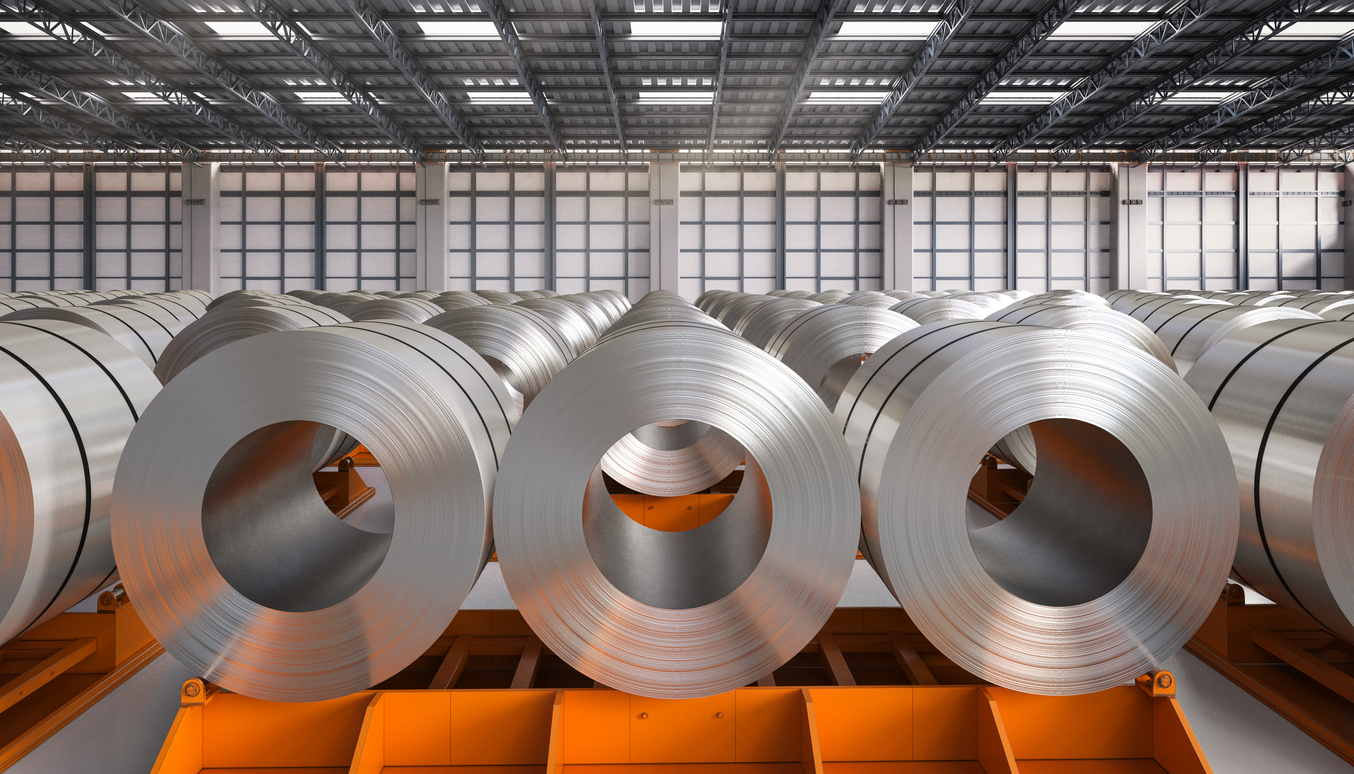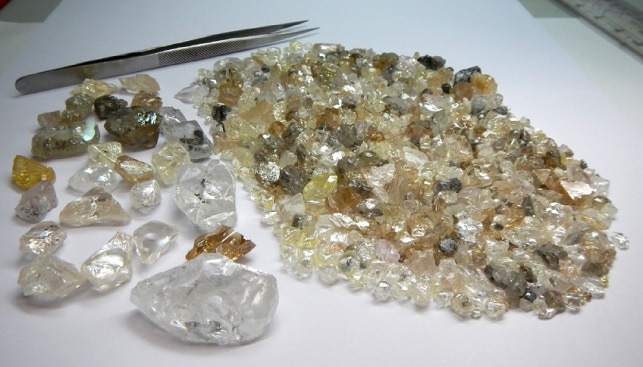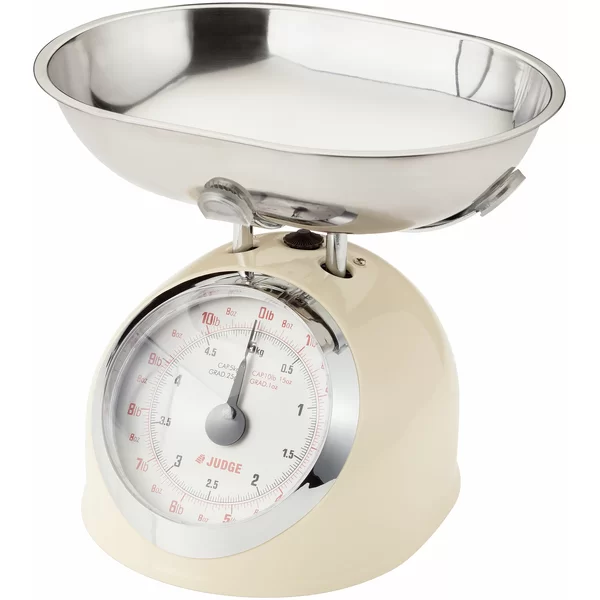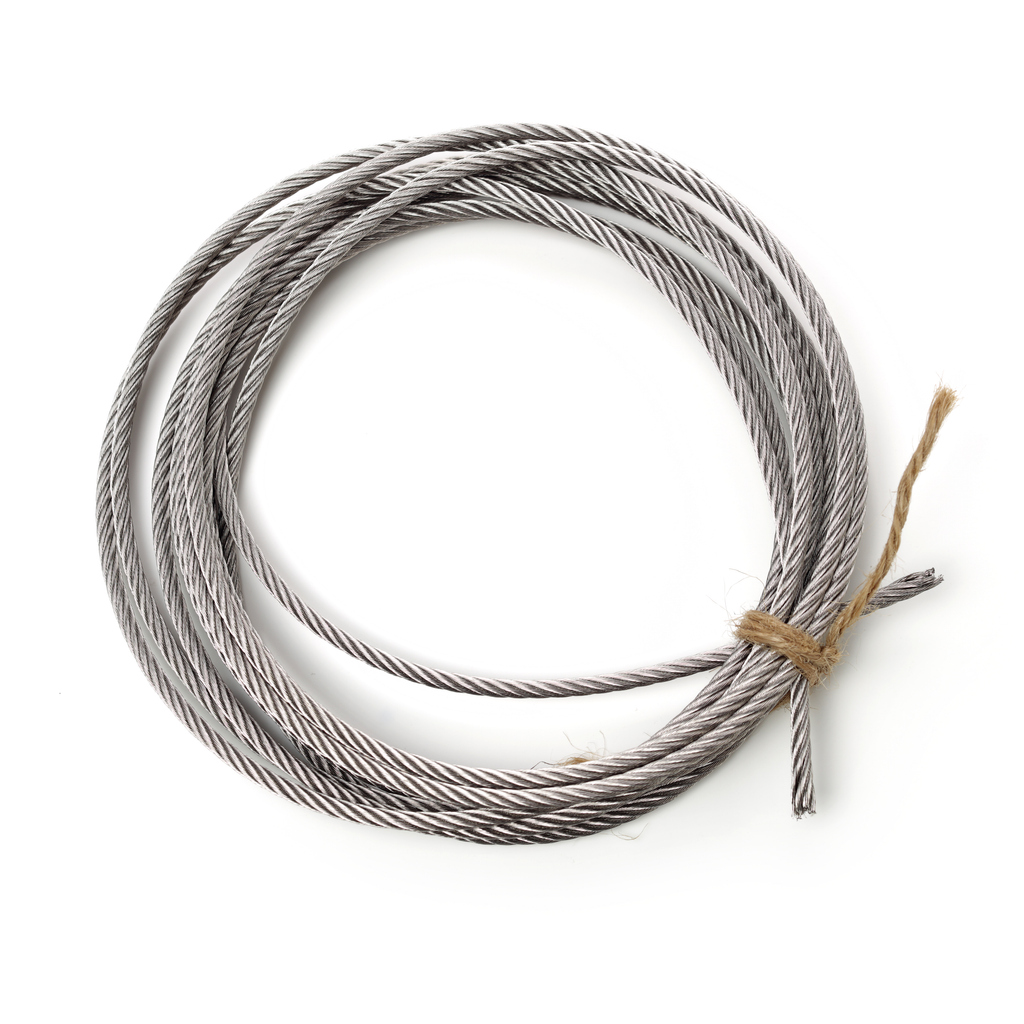The Rise of the Steel Industry in Nigeria – Challenges and Opportunities
The Rise of the Steel Industry in Nigeria – Challenges and Opportunities
The steel industry in Nigeria has witnessed significant growth over the past few years, positioning itself as a critical sector for the country’s industrial and economic development. This article explores the rise of the steel industry in Nigeria, the challenges it faces, and the opportunities it presents.
Historical Background
Overview: Nigeria’s steel industry dates back to the 1970s when the government initiated plans to develop a robust steel sector. The Ajaokuta Steel Company, established in 1979, was a major part of this initiative, aiming to reduce Nigeria’s dependence on imported steel.
Key Developments:
- Ajaokuta Steel Company: Despite its potential, the company has faced numerous challenges, including mismanagement, lack of funding, and political interference, preventing it from reaching full operational capacity.
- Privatization Efforts: In recent years, the Nigerian government has made several attempts to privatize the steel industry to attract investment and expertise from the private sector.
Sources:
Current State of the Steel Industry
Overview: Nigeria’s steel industry is gradually recovering, with several operational steel plants and increased local production. This resurgence is driven by both government policies and private sector investments.
Key Players:
- African Industries Group: One of the largest steel producers in Nigeria, with significant investments in steel manufacturing.
- SUNFLAG Group: Another major player in the Nigerian steel industry, contributing to local steel production.
Market Trends:
- Increased Local Production: Local production of steel has increased, reducing the reliance on imports and supporting domestic industries.
- Government Policies: The Nigerian government has implemented policies to support local manufacturing and reduce import dependency, such as the Nigerian Industrial Revolution Plan (NIRP).
Sources:
Challenges Facing the Steel Industry
- Infrastructure Deficiencies:
- Poor infrastructure, including inadequate power supply and transportation networks, hampers the efficiency of steel production.
- Financial Constraints:
- Many steel companies struggle with access to finance, impacting their ability to invest in modern technology and expand operations.
- Regulatory Environment:
- Inconsistent government policies and regulatory challenges can create an uncertain business environment for investors.
- Competition from Imports:
- Despite increased local production, imported steel remains a significant competitor, often sold at lower prices.
Sources:
Opportunities for Growth
- Infrastructure Development:
- The Nigerian government’s focus on infrastructure development, including roads, railways, and housing, creates substantial demand for steel.
- Industrialization:
- As Nigeria continues to industrialize, the demand for steel in various sectors such as construction, automotive, and machinery is expected to rise.
- Export Potential:
- Nigeria has the potential to become a significant exporter of steel within the West African region, capitalizing on its large iron ore reserves.
- Public-Private Partnerships (PPPs):
- Encouraging PPPs can attract investment and expertise, driving the modernization and expansion of the steel industry.
Sources:
Conclusion
The rise of the steel industry in Nigeria presents both challenges and opportunities. Addressing infrastructure deficiencies, financial constraints, and regulatory challenges are crucial for the industry’s growth. With strategic investments and supportive government policies, Nigeria’s steel industry has the potential to become a significant player in the global market, driving economic development and industrialization.








LEAVE A COMMENT
You must be logged in to post a comment.